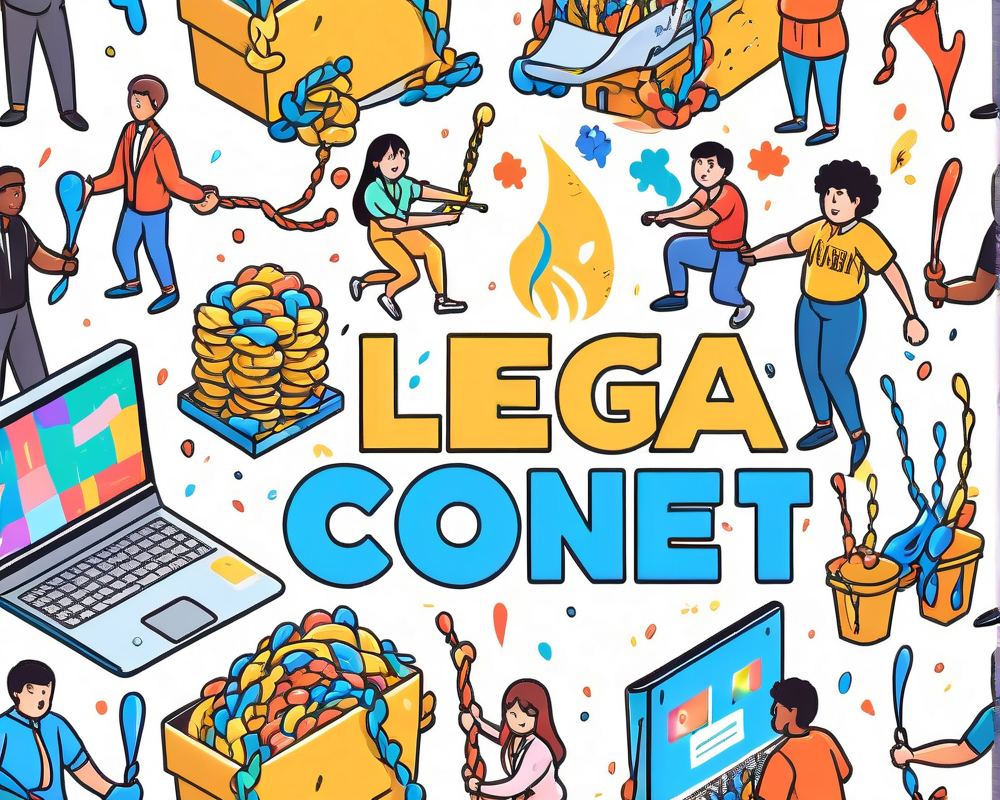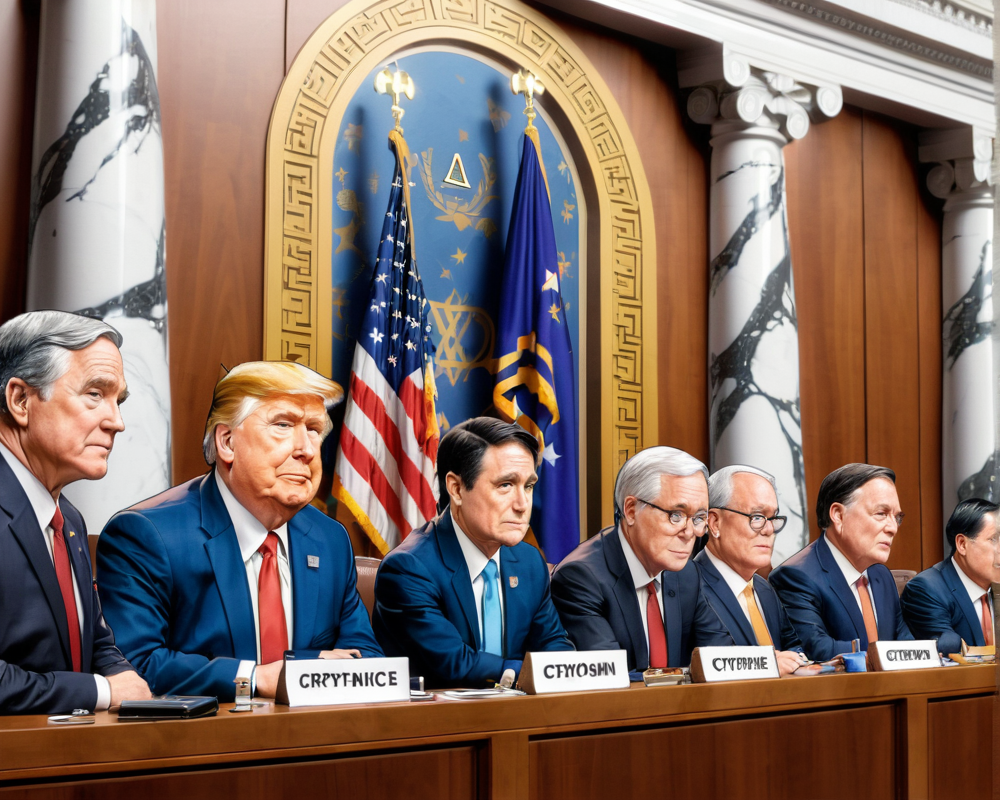The Struggle for Copyright and AI Development
The News Media Alliance (NMA) has thrown down the gauntlet, claiming that AI developers are playing a high-stakes game of ‘who can scrape the best’—using copyrighted news content without batting an eyelash. In a world where knowledge is power but also property, this raises some eyebrows (and a few fists).
NMA’s Bold Claims
In a recent 77-page manifesto (because apparently, brevity is not the soul of wit), the NMA unveiled its findings to the Copyright Office. Their argument? AI models are munching on news content like it’s the last piece of pizza at a party. They argue that the datasets fueling these AIs favor publisher content abundantly, sidelining other sources. This culinary metaphor serves to illustrate a reality where generative AI is effectively lifting entire servings of snacks from unsuspecting publishers and claiming it as theirs—minus the credit, of course.
The Consequences of AI Content Scraping
According to the NMA, this content pilfering results in a real buffet of fallout: diminished revenue, fewer job opportunities, and even strained relationships with audiences. Imagine a waiter serving cold soup; it’s not just disappointing, it’s harmful. Journalists, who already juggle deadlines and sources like it’s a circus, now have to contend with AI acting as a rival employee, minus the coffee runs.
Proposed Solutions: Licensing and Transparency
What’s the remedy for this digital heist? The NMA is calling for clear licensing structures and transparency measures to curb this content extraction as if it were a bad habit. It’s like putting a lock on a cookie jar—an effort to ensure everyone knows where the delicious treats come from and who made them. They propose that the Copyright Office declare that using publisher content to fuel profit-making AI systems directly harms the publishers. This makes sense; no one wants to work harder just to watch someone else cash out.
Generative AI: The Double-Edged Sword
While it’s easy to vilify AI as a content bandit, the NMA is not denying the shiny silver lining of generative AI. It recognizes how publications can leverage AI to make their lives easier—think proofreading that doesn’t sound like it was done by a toddler, idea generation that has more depth than a kiddie pool, and SEO strategies that don’t resemble a guessing game. So yes, while AI can help, its unlicensed use must be put on a tight leash—before its potential becomes a pandora’s box of lawsuits.
The Legal Domino Effect
Across the board, from OpenAI to Google, lawsuits are popping like popcorn at a movie premiere. Sarah Silverman, for instance, didn’t hold back, suing over her copyrighted work being used without a by-your-leave. And on the corporate front, Google’s trying to clean house by assuring customers that if their generative AI balloons into a copyright fiasco, the buck stops with them—except when it doesn’t. Their Bard tool, it turns out, is on a no-protection diet.




